Critical Concepts for Teachers
A series on critical educational concepts for young teachers at ETH.
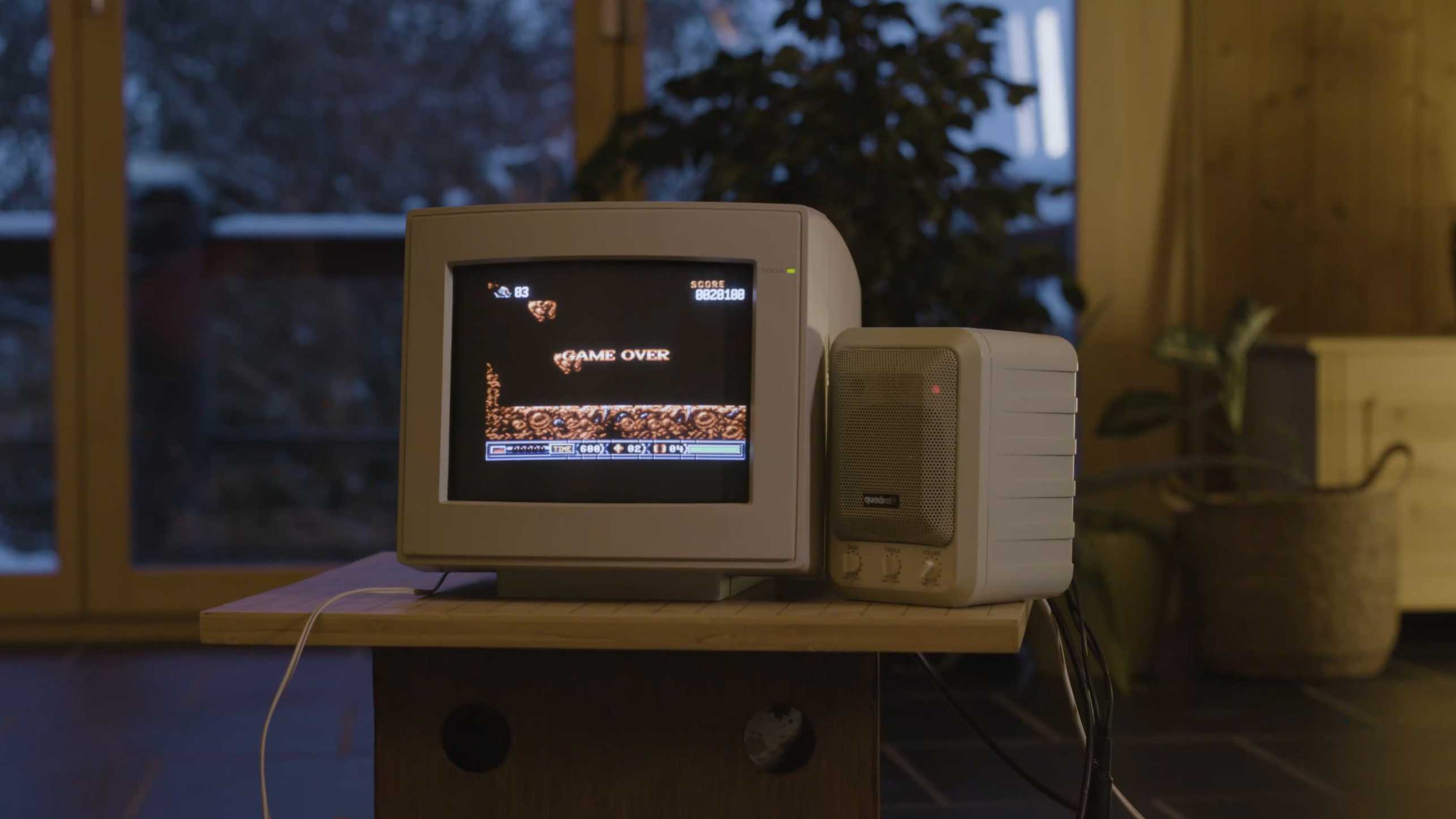
Learning Sciences Theories - Behaviorism, Cognitivism, Constructivism
Enjoy a short dive into the major learning sciences theories.
Expert statements by Prof. Manu Kapur, ETH Zurich.
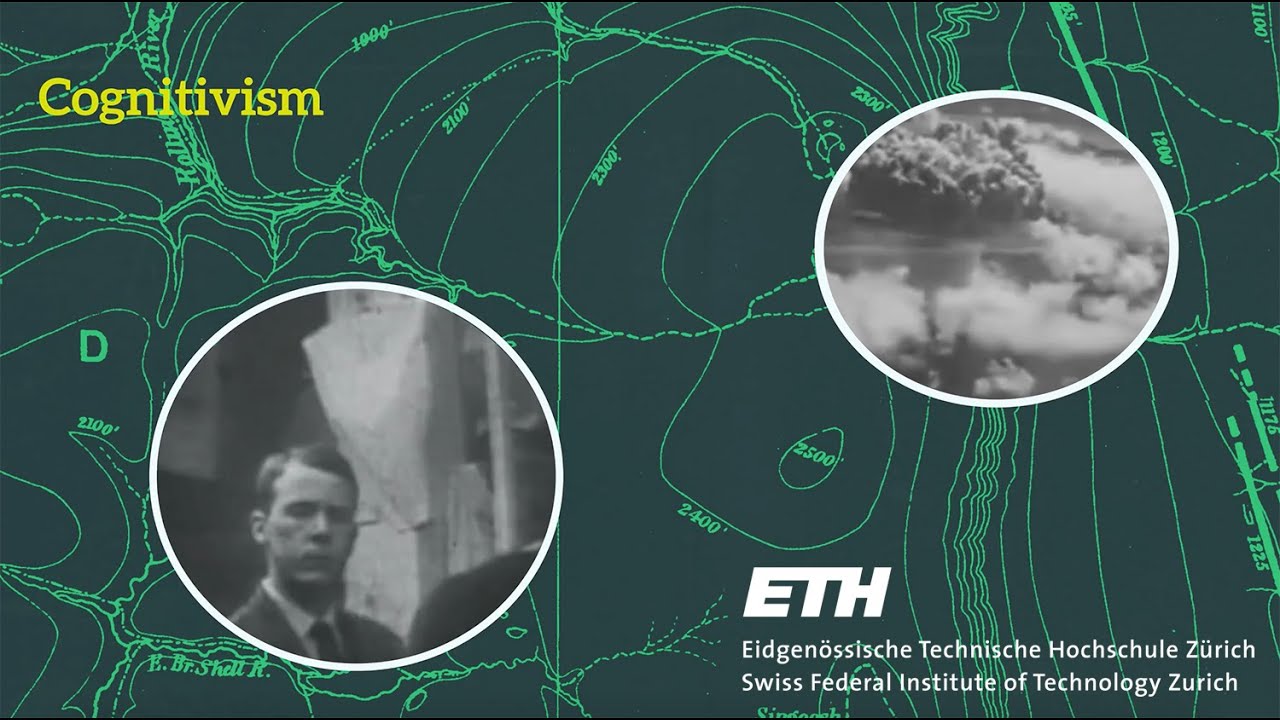
Misconceptions in Science Education
Have you ever encountered a situation where a fact that you were convinced was true is proved false? Suddenly you see that your assumptions were wrong, and the world is no longer the same! One place where this happens often is at university. Here, students are encouraged to look closely at the world, from the perspective of science. What they discover sometimes topples firmly held beliefs. As uncomfortable as this is, it’s a normal part of learning. But what exactly is a misconception?
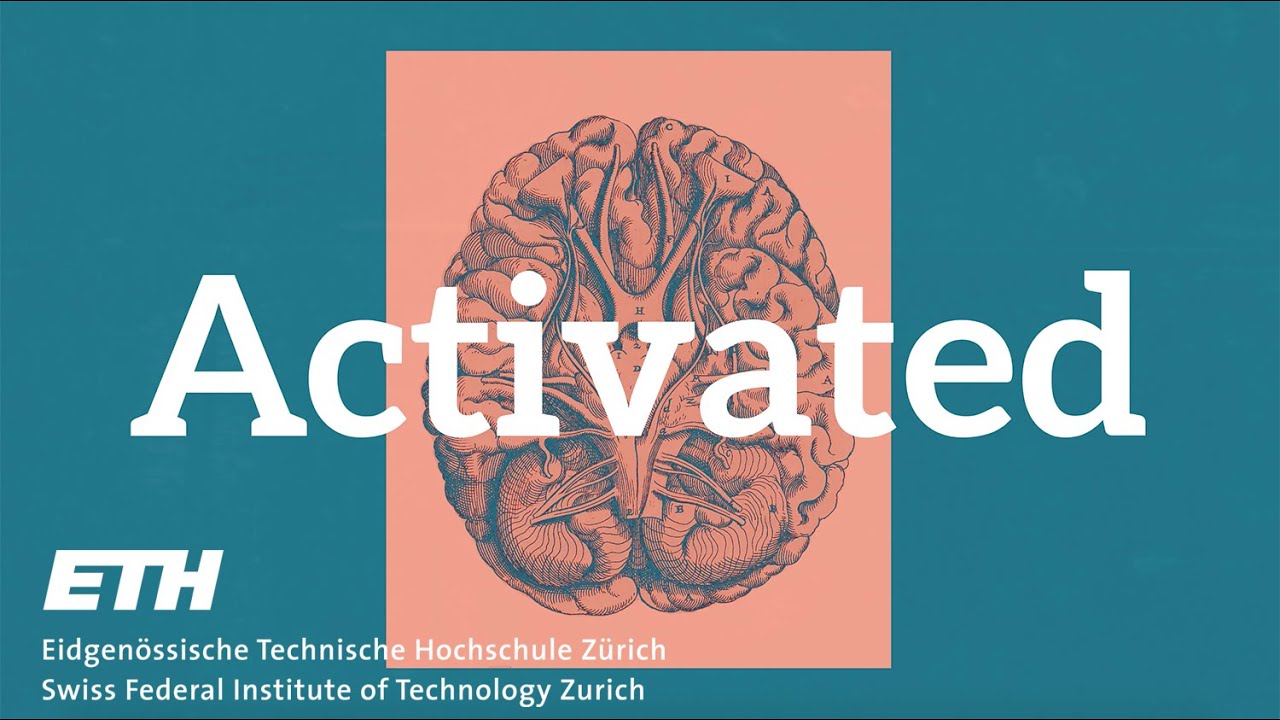
Why we need to fail more often
Failing is learning!
What role does failing play in our learning? And what is "productive failure"? Can we even love to fail? Even though in life, we usually don’t like to feel incompetent nor are we happy to fail - when it comes to gaming, we seem to be okay with making an exception. Why is that? In our video on "the art of failing", we take a look at gaming and make a comparison to the learning theories on failing.
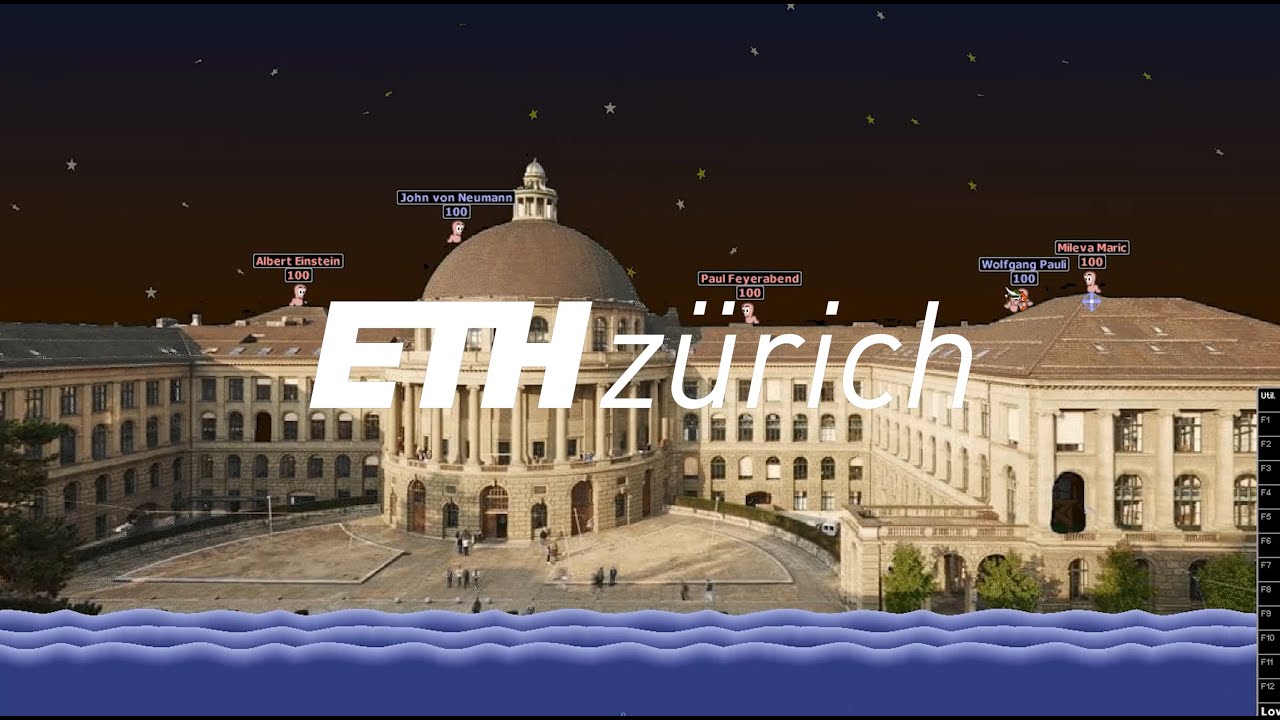
Threshold Concepts - Why learning new things can be (extremely) troublesome
In science education, students often face crucial turning points when confronted with difficult concepts or complex theories. For example, the so called threshold concepts are particularly interesting, as they alter the perception of scientific content and may even change the worldview. After this flash of insight, it is hard to revert back to the previous state. There is basically no way back to the original level of understanding. Once a threshold concept is understood, it may be hard to believe that you ever saw the world differently.
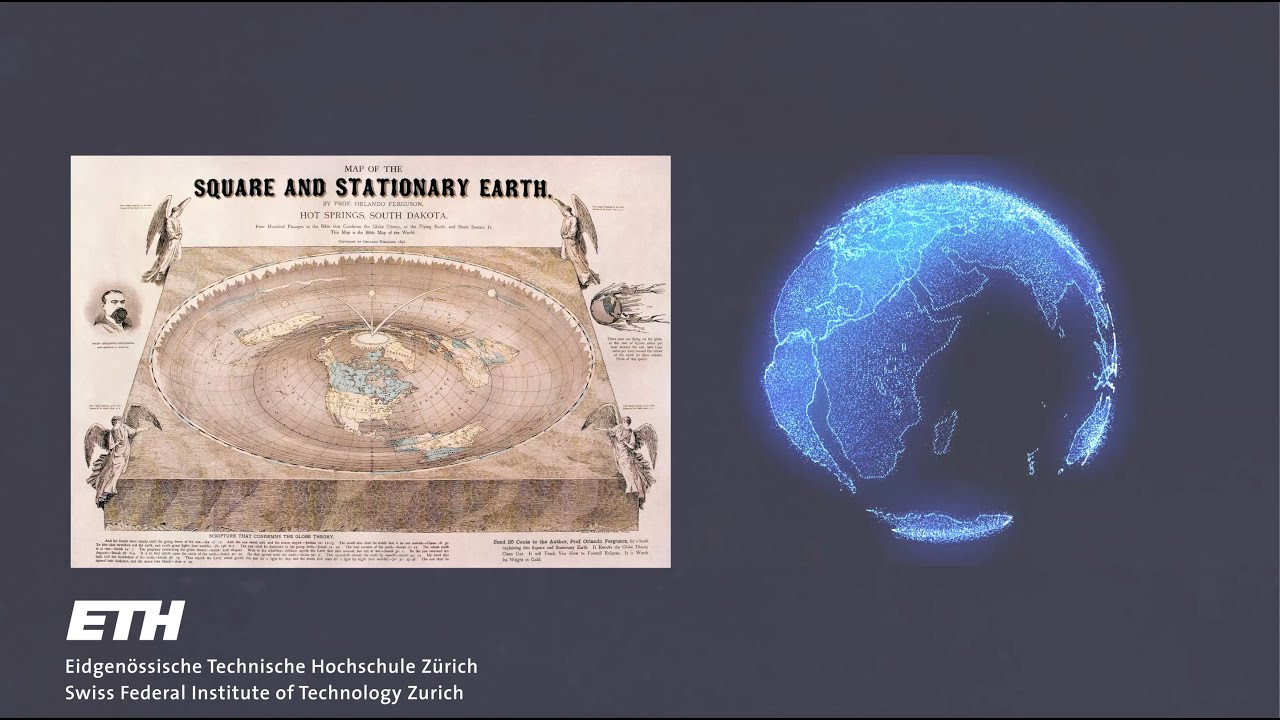
Feedback - or feed back?
What is valuable feedback? How do we give good feedback? Let's dive a little deeper into the strategies of helping students thrive.
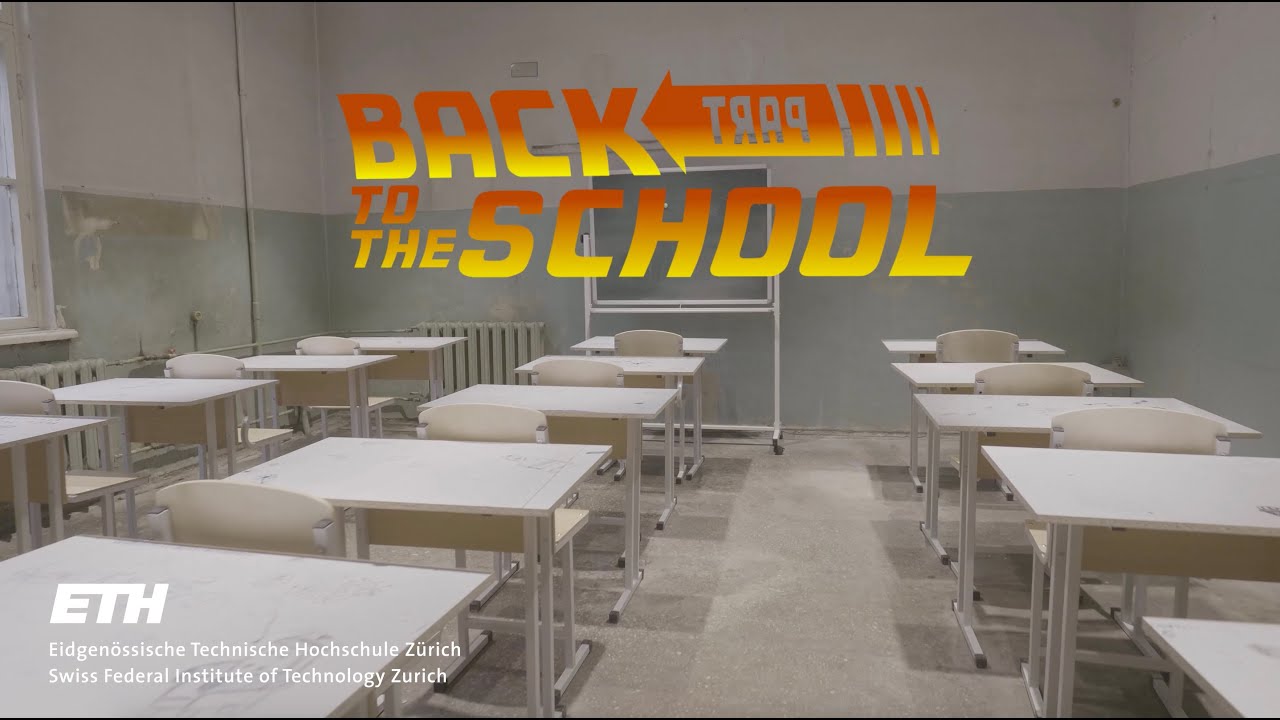
My role(s) as teacher
Imagine this: You step in to the classroom and your first teaching session is about to start. You know the content, you know the solutions, you even know which kind of input is useful for the students. But what if you lose your train of thought? And how does your mental image of you as a teacher actually look like? Let's have a look at how you can best prepare for your new role as a teaching assistant.

Learning Goals
How can we tell if students have “learned” something? We can’t look inside our students’ heads and “see” learning, and there is no machine which reveals it either.
To check whether students have learned what we want them to learn, we must ask them to do something with it. They have to demonstrate that they have integrated it. That's where learning goals and objectives come in.
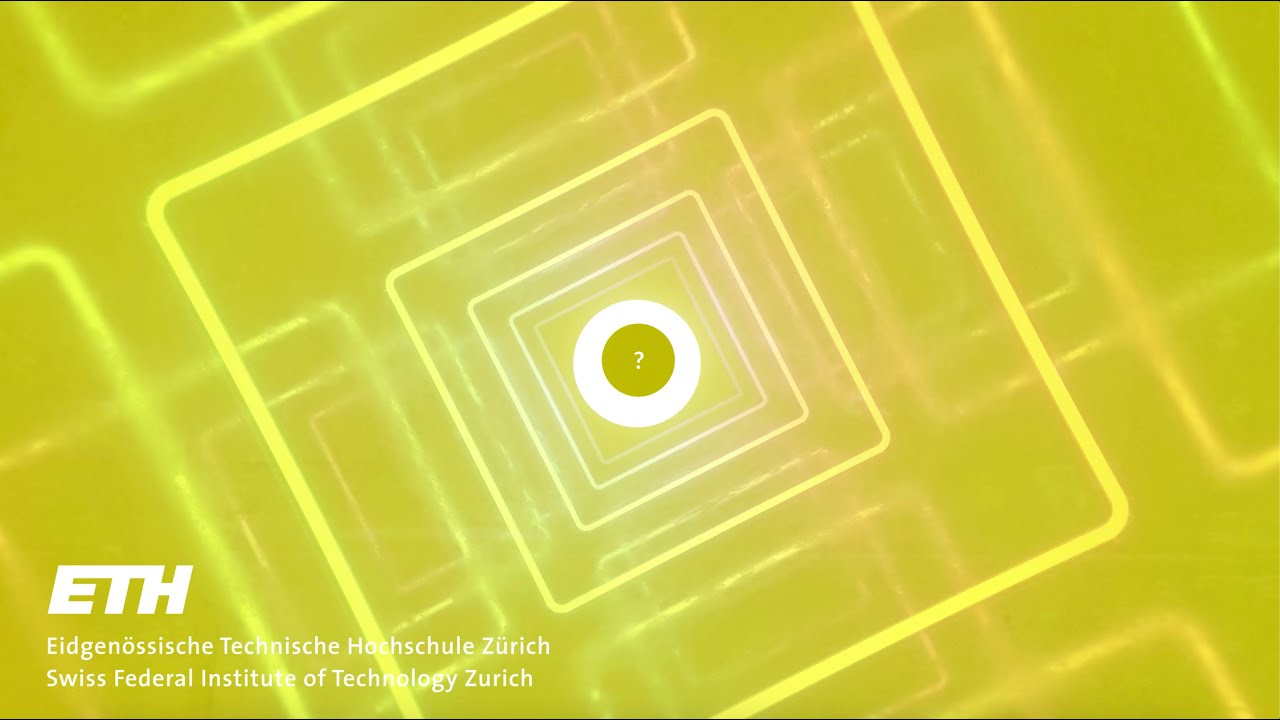
Portal - How to start a course lecture?
Finally, there you are: standing in front of your class for the first time as a Student Teaching Assistant. Now, there are many things you need to communicate at the beginning of a course. Where should you start?
